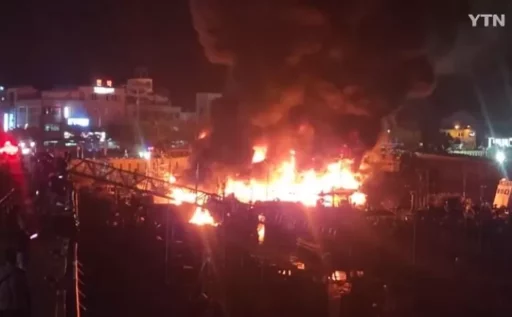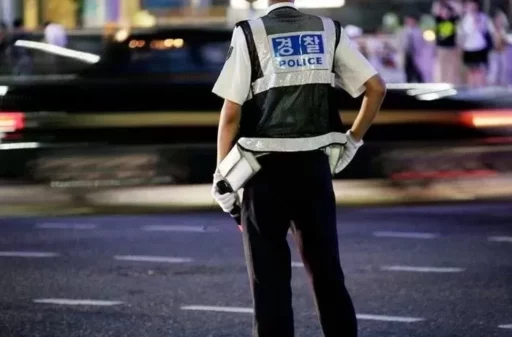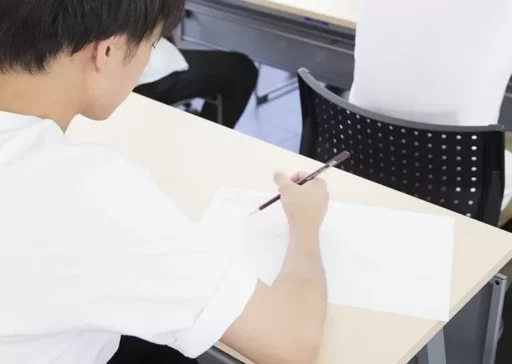Woo Won-sik, National Assembly Speaker, Meets Former Justice Party Leader Jo Kuk… Attention Grows for Liberation Day Special Pardons
It has been confirmed that Woo Won-sik, the Speaker of the National Assembly, met with Jo Kuk, the former leader of the Justice Party, who is currently incarcerated. The meeting, held ahead of the first Liberation Day special pardon under the Lee Jae-myung administration, has sparked various interpretations in the political sphere.
According to political and legal circles on the 26th, Speaker Woo met with former leader Jo on the 9th at the Seoul Southern Correctional Facility. This meeting was conducted in a manner known as "change of venue visit," which was previously referred to as special visits.
Change of venue visits differ from regular visits in that they are conducted without time limits and take place in relatively free spaces equipped with chairs or sofas, allowing for physical contact.
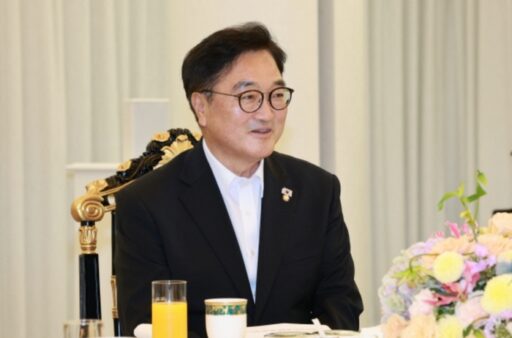
This stands in stark contrast to the official regulations that limit regular visits to 30 minutes.
The Relationship Between Woo Won-sik and Jo Kuk, and the Political Significance of the Meeting
Former leader Jo Kuk and Speaker Woo Won-sik have had a long-standing relationship. Jo previously served as the chair of Woo's fundraising committee, and during the time when Moon Jae-in was the leader of the Democratic Party in 2014, they also served together on the party's innovation committee.
A representative from Speaker Woo's side stated, "We cannot confirm what was discussed between the two," adding that "it would have been difficult not to visit from a personal perspective."
The fact that the Speaker of the National Assembly, who holds the second-highest position in the state protocol, visited a prison to meet an incarcerated individual is seen as an unusual act. This is interpreted as a sign of special affection towards former leader Jo.
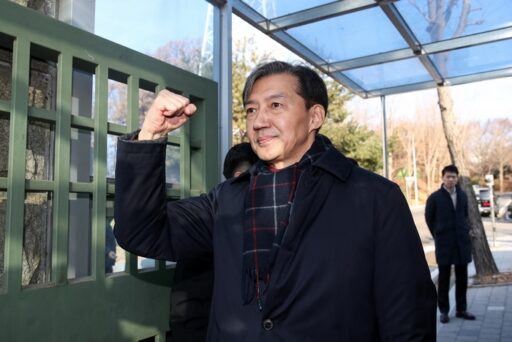
On the other hand, some interpretations suggest that the meeting holds more significance than simply an expression of personal friendship.
With the new government promising aggressive reforms in the prosecution service based on the separation of investigation and indictment, some analysts argue that the meeting expressed solidarity against the abuse of prosecutorial power and called for political consultations regarding victim recovery.
Liberation Day Special Pardon Procedures and Former Leader Jo Kuk’s Situation
Former leader Jo Kuk has been serving a two-year prison sentence since December of last year for charges related to admissions fraud for his children and for attempting to obstruct a Blue House investigation.
While his scheduled release is set for December 2026, there is significant political and social interest regarding whether he will be included among the recipients of this year’s Liberation Day special pardon.
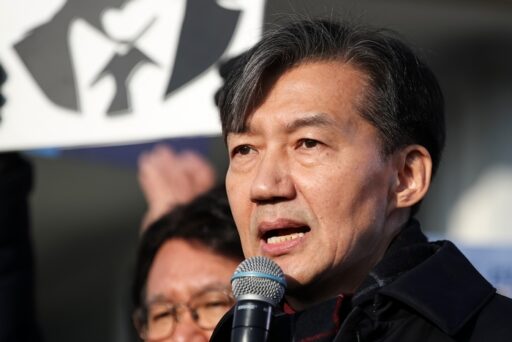
In this context, the Ministry of Justice has begun the process for reviewing special pardons, including selecting "standard pardon" candidates ahead of Liberation Day.
Once the review of pardon candidates and criteria is completed, a pardon review committee, chaired by Justice Minister Cheong Seong-ho, will convene to evaluate candidates for special pardons and restoration of rights.
After the pardon review committee selects candidates for special pardons and restoration of rights and submits its opinions to Minister Cheong, the minister will present the list of candidates to the President Lee Jae-myung, who holds the authority to grant pardons.
Ultimately, the process will lead to the President determining the special pardon and restoration of rights candidates after consultation and deliberation by the State Council.
Image Source: Presidential Office Photojournalists, News1
